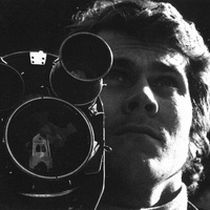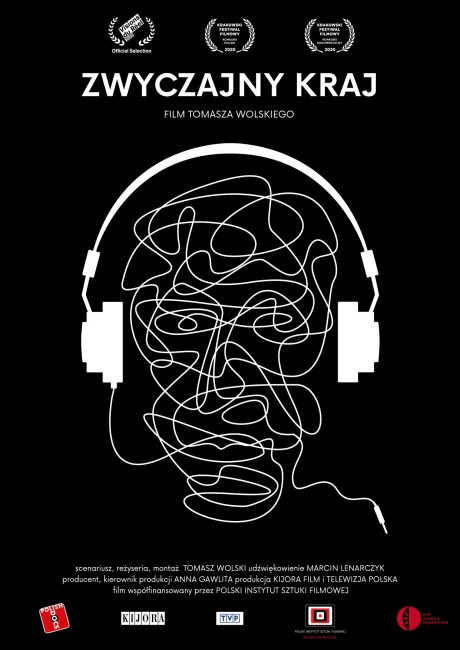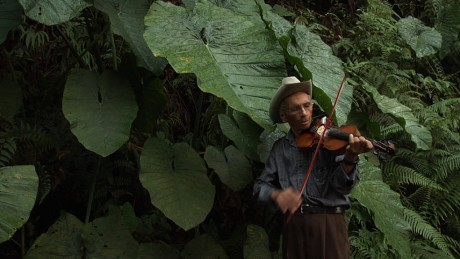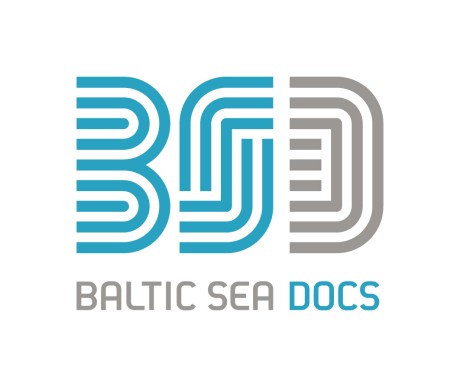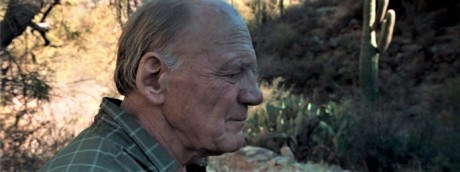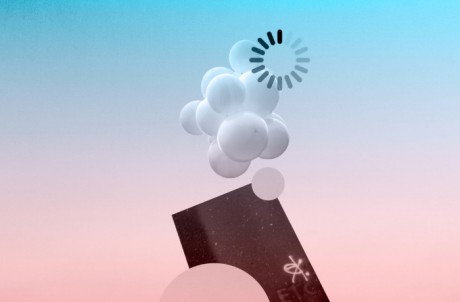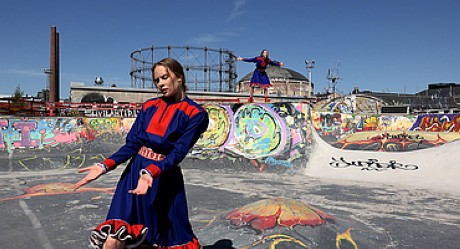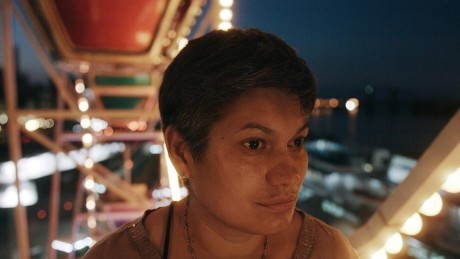Fremd bin ich eingezogen,
Fremd zieh’ ich wieder aus.
Der Mai war mir gewogen
Mit manchem Blumenstrauß.
Das Mädchen sprach von Liebe,
Die Mutter gar von Eh’, –
Nun ist die Welt so trübe,
Der Weg gehüllt in Schnee
Jeg er allerede i titelsekvensen midt i den store europæiske romantik, i den vigtige titels tydelige forbindelse til Müllers og Schuberts sangværk. Titlen er værkets storform sagde Peter Seeberg. Denne synopsis ligger her i filmen i åbningsscenen med vandringsmanden i naturen (to – tre gange sat i relief til nutidens forlorne turisme). Det er et kammerspil for én stemme som Anders Østergaard har lovet mig og Bruno Ganz har med det samme fået sit eget lag i filmen og erobrer herefter en efter en sine scener og dertil sine dele af fortællerstemmens voice over.
Jeg er i ørkenen ved Tucson i Arizona, de første replikker må jeg skrive af, de er så vigtige, jeg må ikke glemme dem i handlingens efterfølgende mange absolutte krav til min opfattelse og forståelse: vandringsmanden Bruno Ganz’ / George Goldsmith’s replik og spil som tøvende men fast, søger den præcise sætning efter poesiens regel, og sønnen i filmen, forfatteren til historien Martin Goldsmiths replik og tone, en stemme som aldrig er til stede i billedet, men fremturer drivende, afbrydende, villende sit, den anderledes rationelle indsigt. To virkeligheder, to sandheder. Her er deres replikskifte, da de når bakketoppen, faderen, vandringsmanden og sønnen, journalisten. Bruno Ganz og Martin Goldsmith:
Ganz, (udmattet ved opstigningen): Du milde! / Goldsmith (konventionelt): Sikke en udsigt! Og stilheden! Man kan råbe… lyden forsvinder bare, lidt efter lidt! (Han råber, Ganz vender hovedet mod ham, irriteret)… Kan du overhovedet lide at være her? / Ganz (fordybet i sit eget): Hvad? / Goldsmith: Kan du lide ørkenen? / Ganz: Jeg ville da gerne have haft noget grønt græs og nogle træer og årstider. / Goldsmith: Hvorfor har du boet tyve år et sted du ikke bryder dig om? / Ganz: Din mor kunne lide det… / Goldsmith: Det er ikke noget svar. / Ganz: Hvad mener du? / Goldsmith: Hun har været død i ti år… / Ganz (begynder at gå ned ad bakken, synger de første linjer af Wilhelm Müllers og Franz Schuberts Vinterrejse): Fremd bin ich eingezogen. Fremd zieh’ ich wieder aus…
Klaverstemmen til Vinterrejse tager akkompagnerende Ganz sagte over og dette ensomme klaver breder sig herefter diskret i filmens første tredjedel fornemmer jeg, og fortsætter Ganz’ sang inde i mig med digtstumper jeg husker mens handlingen i Anders Østergaards film begynder at folde sig ud til Schuberts musik, stadigvæk kun klaveret, som efterhånden afløses af Mozart og så af den store orkestermusik fra Tjaikovskij over Mahler til Nielsen.
Imidlertid bliver filmens fortælling om de tyske jøders skæbne under de sene 1930- og de tidlige 1940-år, om Martin Goldsmiths forældres kærlighedshistorie og deres flugt og bosættelse i USA på en vigtig måde inden for det første digt i Müllers og Schuberts meget store sangcyklus. Ingen filmtitel kunne være mere præcis.
Jeg vover her et langt citat som har betydet meget for mig når jeg har set Østergaards film. Det skulle egentlig have været fra Horace Engdahls essay Ärret efter drömmen, 2009, som oprindeligt begejstrede mig i dette at pege på Müllers digte ved siden af Schuberts musik, men som jeg har forlagt, så det må blive via Torben Brostrøms fine anmeldelse i stedet for, og den er så dertil en uventet gave, også når jeg om lidt finder Engdahls bog. Brostrøm skriver:
”… Han (Horace Engdahl) stiller ind på Atterboms akustik for at høre de døde bogstavers musik. Det er en smittende æstetisk oplevelse, som også gør sig fordelagtigt gældende i hans optagethed af lied-genrens litteraturhistoriske betydning med Wilhelm Müllers og Schuberts Winterreise i relationen mellem tekst og musik. En anderledes aggressiv stemmes historie end den mere indsmigrende Die schöne Müllerin. Den uforsonlige og bitre helt er mere beslægtet med Beckett og Thomas Bernhard end med 1800-tallets borgerlige roman. Schubert følger Müllers opfattelse loyalt, men ved den overjordiske skønhed hen mod værkets afslutning løsner musikken sig fra det kompromisløse sortsyn.
Dødsønsket bliver i Schuberts sang en hymne til en anden virkelighed. »Det er som om vandreren ved at holde fast i sit indre mørke kommer tæt på at forvandle det til et hemmeligt og reddende lys.« Og her falder en vigtig pointe ved at kunne lytte til den indre stemme: »En sådan forvandling finder virkelig sted, det må vi medgive, men næppe for den tilsneede vandrer i sangenes fortælling. Det sker for os, som tager imod Schuberts Winterreise, et stykke livgivende nat.« (Torben Brostrøm i Information 21.9.14)
Denne indre stemme havde den unge George Goldsmiths mor indviet ham i som dreng da hun tog ham med i barndombyens operahus til Mozarts Tryllefløjten. Denne magiske fløjte, dette kærlighedshistoriens trylleri, denne faderens dominans i librettoens tekst forvandlede Mozarts poesi til musikkens handling. Det er det Anders Østergaard og Anders Villadsen i deres film bruger musikken til, magi i publikums sind.
Og det er synes jeg det Anders Østergaard og Anders Villadsen gør med den lille serie fotografier af orkesteret med både ham og hende på plads så unge, så unge i scenerne bygget på disse næsten ens fotografier som jeg oplever i forskellige positioner, vigtigt er hans blik på hende den dejlige med bratschen under hagen, han med fløjten på knæet, han spiller fløjtepartiet i Tjaikovskijs 6. symfoni, i Mahlers første, hun spiller bratschens parti og de to instrumenter forelsker sig i hinanden. For resten af livet. Så tøvende var han standset foran fotografiet, det første lidt anderledes, var gået ind i det, havde set hende og hun ham. Montagen skaber en ny, en magisk levende virkelighed som de to unges af arkivmateriale, af historisk dokumentarisk stof.
Og det er synes jeg det Anders Østergaard og Anders Villadsen gør med deres film gang på gang, scene efter scene i filmen episke lag. Og det er hvad Bruno Ganz gør ved Anders Østergaard og Anders Villadsens og sin film, gennemvæver den poetisk ny med sit spils og sit sprogs magi.



